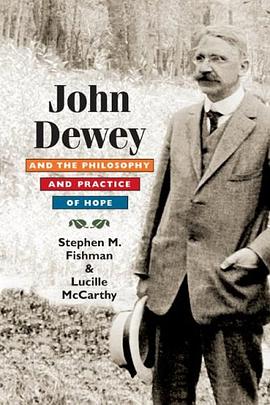

具体描述
The book is about three things. First, how Ancient thinkers perceived humans as like or unlike other animals; second about the justification for taking a humane attitude towards natural things; and third about how moral claims count as true, and how they can be discovered or acquired. Was Aristotle was right to see continuity in the psychological functions of animal and human souls? The question cannot be settled without taking a moral stance. As we can either focus on continuity or on discontinuities, how should natural science draw the boundaries? Moral agents act and react in a world that they see under a certain description, and there is no value free science that can settle what is the correct description. This book asks us to think about where moral justification could come from, and suggests that the supposed ‘moral status’ of the object cannot provide the answer. For the moral status of the object is a product of our own imagination, and once we see that, we also see that there remains the question where we ought to have the will to see it. Furthermore, since the perception of moral truth involves the development of imagination and will, the means to attain it will be better served by engagement with poetry and literature than with enquiries that seek to exclude the engagement of the imagination, or any appeal to the beauty of nature or the love of one's fellow creatures.
作者简介
目录信息
读后感
评分
评分
评分
评分
用户评价
相关图书
本站所有内容均为互联网搜索引擎提供的公开搜索信息,本站不存储任何数据与内容,任何内容与数据均与本站无关,如有需要请联系相关搜索引擎包括但不限于百度,google,bing,sogou 等
© 2025 book.wenda123.org All Rights Reserved. 图书目录大全 版权所有




















